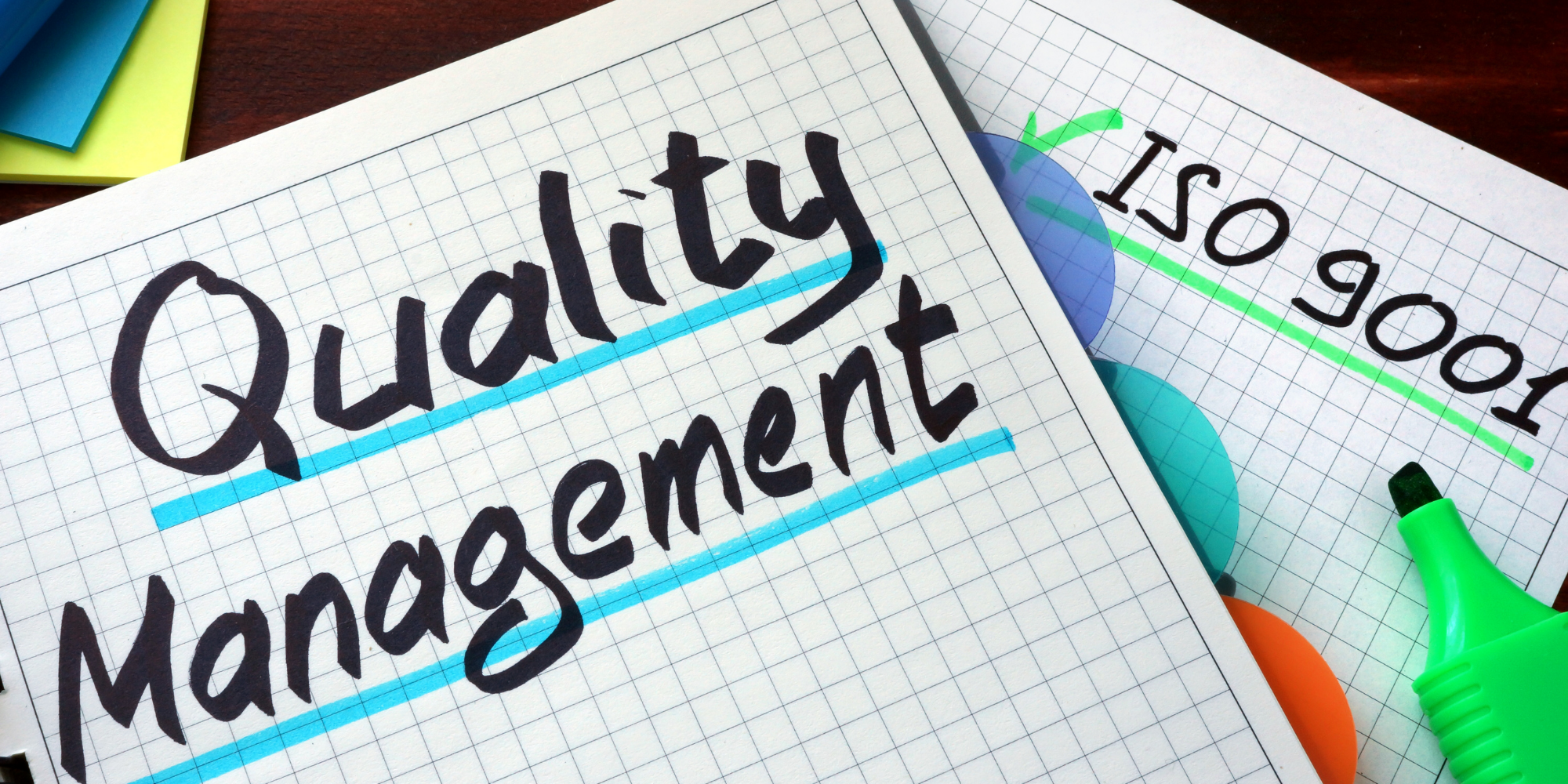Things You Need to Know for the ISO 9001 Quality Management System
This article will explain the key things that you should consider when obtaining ISO 9001 certification for the quality management system (QMS) of your business. These are useful tips that will get you through the certification process smoothly.
Millions of organisations today have implemented the ISO 9001 standard and proved their competence in quality management. If you do not have a clear understanding of how to integrate quality in business management and make your business eligible for ISO 9001 certification, this article will explain it to you.

ISO 9001 is an essential means to a successful quality management system (QMS) and helps businesses enforce best practices that will manage, regulate, and assess their processes for quality services or products. However, a lot of businesses still have no idea how to achieve this quality certification which is recognised at a global level. To address their concerns and help them learn everything about ISO 9001 certification, these are some basics of the standard.
Process to Get ISO 9001 Certification
There is a definite process to get ISO 9001 certified, and you need to follow that. It starts with the inclusion of a robust QMS in their business management system that sets practices and procedures for assessing processes and improving inputs, which results in improved quality. The next is the implementation of a QMS followed by auditing to ensure that it is implemented as per the obligatory requirements declared by the standard. When the compliance auditors are convinced that your QMS is ready to be ISO accredited, they will give you a green signal and you can register for ISO 9001 certification.
Getting Registration for ISO 9001
Applying for ISO 9001 certification or getting registered is very simple, and you need to just fill out an application form that asks about crucial details of your business, including the QMS. However, for this process, you need an authorised certification body to help you. They will not conduct the final certification audit to ascertain ISO compliance of your QMS, instead they will help you submit your details more precisely for registration after studying your QMS documentation and auditing it.
Time Taken to Get Certification
Most business owners are in confusion regarding the timeline for ISO certification. This depends purely on the size of the business, the structure of its QMS, work processes, and the type of products or services. Every business is different! Their product or service caters to the specific needs of customers and therefore, they have discrete quality aspects. Subsequently, the time needed to get certification varies. On average, it takes 3-6 months to get certified. However, if you have a compliance authority to guide you through every stage of the ISO 9001 certification process, it will take less time.
Need for a Certification Compliance Consultant
Many businesses are eager to know about the role of a compliance certification agency in getting a business ISO certified. Well, the role of compliance experts cannot be ignored. Often, businesses or their quality management officials do not understand the intrinsic requirements of the ISO 9001 standard. Therefore, they can make mistakes with the documentation of QMS, deciding its scope, and aligning its processes with ISO 9001 regulations. This is why trained ISO compliance consultants are needed to assist with documentation, structural integration, and the auditing of QMS for ISO 9001.
Need for Regular Audits
A business owner may be convinced that once their QMS gets certified, it is the end of the story! They will be able to exhibit their certification and prove their adherence to the best quality management practices. However, you should not forget that any ISO certification is valid for 3 years. Therefore, you need to continually improve your QMS and ensure that it is still meeting every ISO 9001 requirement. For that, regular audits, which are also called surveillance audits, are necessary. A surveillance audit entails an expert auditor that will periodically review your QMS (usually at an interval of 6 months) and point out any weakness or non-conformities in it. In short, regular auditing will help you identify areas in QMS that need improvement to maintain compliance with the ISO standard.
In Conclusion
These are the most common queries or doubts that happen in the minds of business owners and often make them hesitant to go for ISO certification. These explanations hope to put an end to all their speculations and doubts. ISO 9001 will not necessarily integrate the quality in the business management structure of an organisation, it will grant it several other benefits, including credibility and an increase in customer confidence. Therefore, businesses with any confusion must clear them out with the help of consultants and seek to get their QMS accredited.
Author Bio:
Damon Anderson is the owner of a compliance agency that helps companies get certifications for their business management system including ISO 9001, ISO 14001, ISO 27001, ISO 31000, and many more. He is an expert at integrating the framework for a quality business management system and writes articles about how businesses can get their management system accredited with ISO 9001 for quality assurance.
Post Your Ad Here
Comments